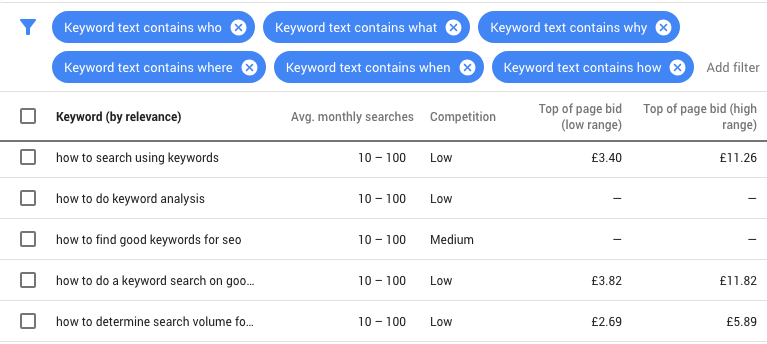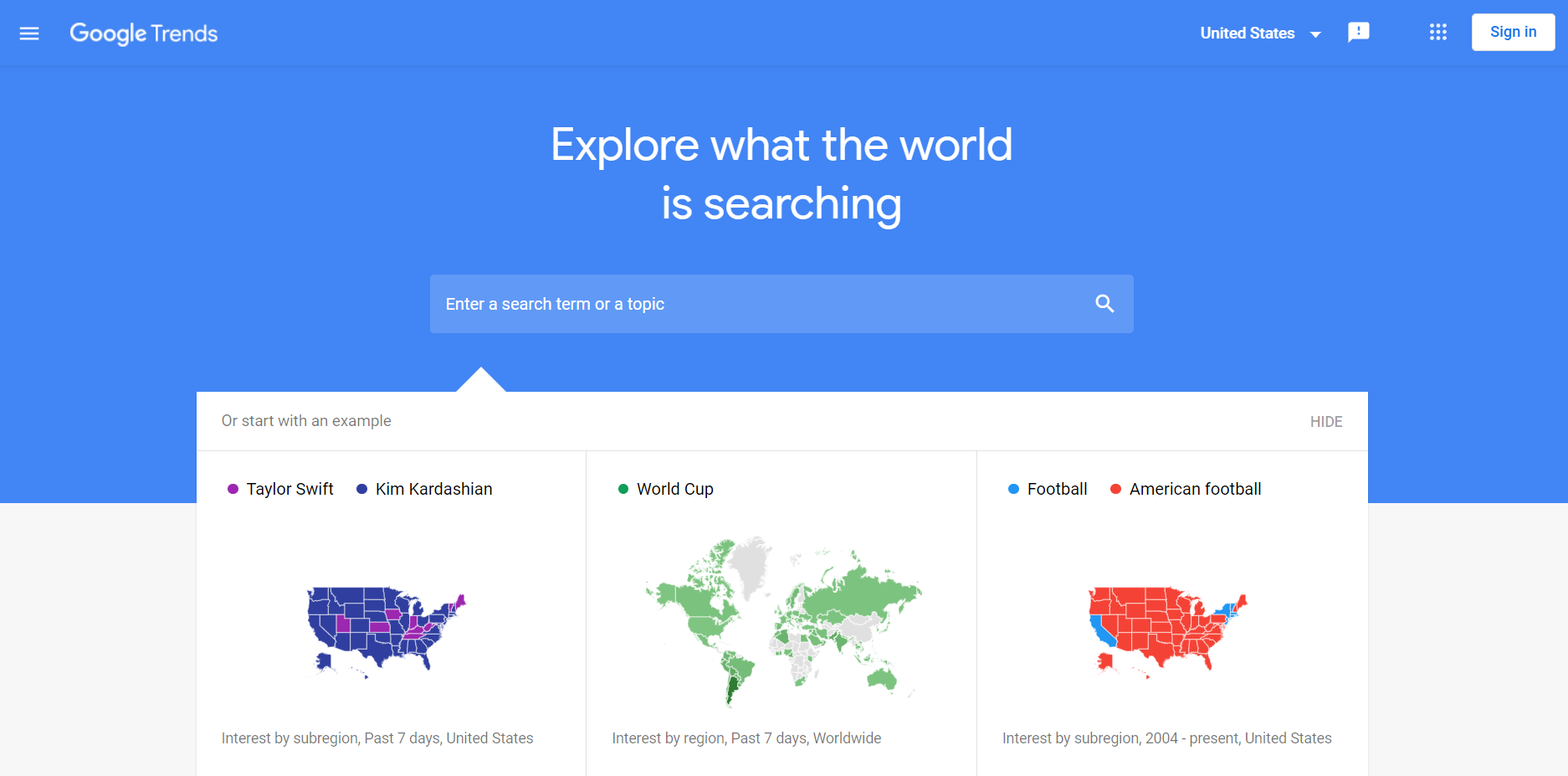The most crucial and fundamental phase in any SEO Strategy plan is keyword research for SEO. So proceed to implement them after conducting all the research and optimizing the website.
Keep an eye on the traffic and check frequently. At first, it could be challenging to stand out, but it will pay off in the long run.
QUICK RESEARCH ON KEYWORDS
You would conduct your keyword research for SEO, develop a stunning spreadsheet, and make landing pages for each one in an ideal world. Your website's architecture would be perfect, and you'd blog and publish every day to raise its Google ranking. But the reality is that we live in it.

Quick research on keywords
Naturally, your keyword research for SEO won't always be that thorough. Additionally, some blog entries or articles are simply created because you were inspired to write them or because the subject was hot off the press. That is simply the way things are. However, this need not be a concern.
Even if the material you're producing doesn't quite align with your plan, you should still make an effort to have it rank well. You might still utilize it to gain visibility for terms associated with those in your keyword strategy list. To quickly determine the keyword you want to rank for, use the tools listed in step 3 and Google Trends. Consider how to adapt your blog or post to meet your plan at the very least. After all, you might as well make it rank if you are writing worthwhile content! In our article on target keywords, we provide additional advice on how to conduct keyword research for SEO instantly.
GUIDELINES FOR KEYWORD RESEARCH FOR SEO
All of this may seem quite simple, but we know it takes a lot of work and is more difficult than it seems. You might run across some frequent problems or inquiries when putting this into practice. Here are some suggestions to help you make it work!
Sort your keyword list by importance

Keyword Research for SEO
What number of keywords should you aim for? Although we can't specify the precise quantity, we can say that you need a lot of keywords—as many as you can come up with. However, more than 1000 keywords may be excessive. You'll most likely wind up with a few hundred keywords, even if your organization is very tiny.
However, it is not necessary to immediately build pages for each of these. You can gradually add stuff. Consider the keywords you want to rank for right away (maybe the longer-tail ones?) and the ones that aren't as crucial right now. Recognize your priorities and make a plan for your content creation.
One page is enough for a focus keyphrase and its synonyms
Previously, each term you wished to rank for had its own landing page. However, today's search engines are so intelligent that they primarily use search intent to provide users with the best solution to their queries. The page that best response to those queries will be ranked first. Search engines can distinguish between slight variations of a keyword, such as synonyms, so you don't need to construct landing pages for each one.
For Google to better comprehend your material, add relevant keyphrases.

Google Keyword Planner
Words and ideas that complement and widen the meaning of your core keyphrase are known as related keyphrases. They even aid Google in comprehending the subject you're discussing. You can provide your target keyphrase in the article you're writing a thorough picture by using related keyphrases in your text.
Search for singular and plural keywords to see the results.
Which keyword should you target—the single or the plural? Okay, so that depends on the question. As Google learns more about the search intent of your query, it is able to better guess what you’re looking for. For instance, if you search for “book” instead of “a book”, you get different results. Google appears to believe that you are looking for a definition in the first instance and that you are planning to purchase a book in the second instance. So be certain that what you offer on your page matches both the search term and the results Google returns for that term.
Keyword Location Research (for Local or Regional Sites)
The default behavior of the majority of keyword research for SEO tools is to return either worldwide search volumes or search volumes for a specific country. Various keyword data sets can be combined if you are interested in several nations. Many keyword research for SEO tools are unable to provide data down to the specific city, state, province, region, etc. that you are interested in.

Keyword Location Research
Let's say you are conducting keyword research for SEO for a company that is restricted to a certain state. Get a precise view of the total search volume that is available. You ought to restrict that search volume geographically in such a situation. Once more, Google Ads can be of use. Use Google Ads Planner location data to estimate how much traffic your client could collect, for instance, if you're working with a law firm that solely practices in San Francisco and targets "personal injury lawyer."
Consider the search term "personal injury lawyer in San Francisco" as an alternative. Given that the intent of anyone searching for this phrase "matches" the intent of your client, you can probably mention the term's nationwide search volume in this case.
Final words
The most crucial and fundamental phase in any SEO plan is keyword research for SEO. So proceed to implement them after conducting all the research and optimizing the website. Keep an eye on the traffic and check frequently. At first, it could be challenging to stand out, but it will pay off in the long run.




